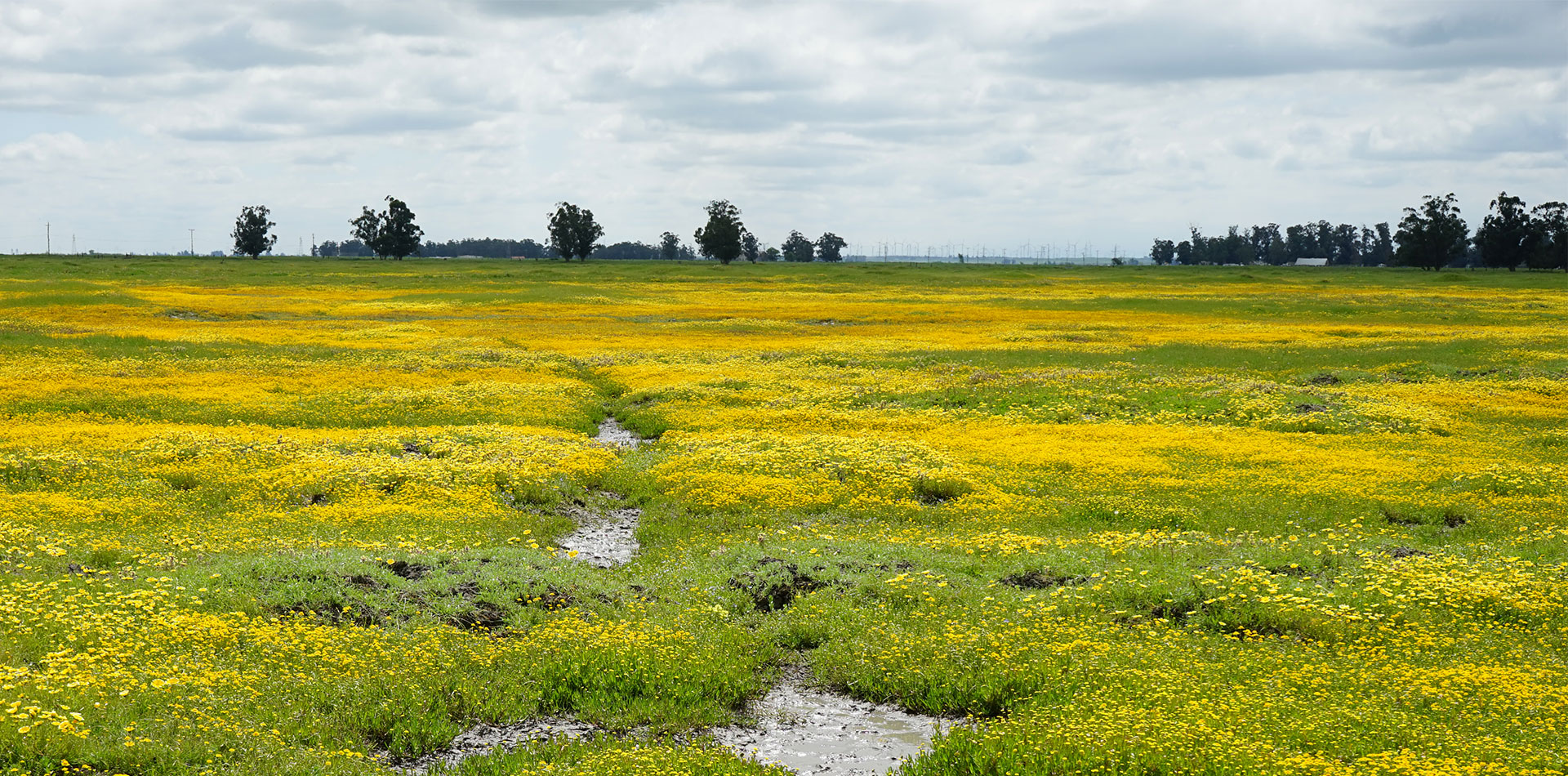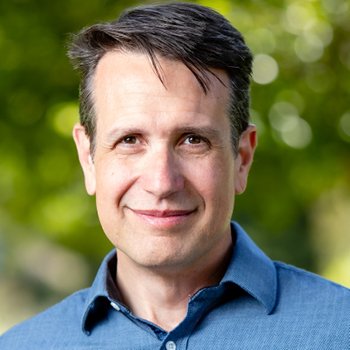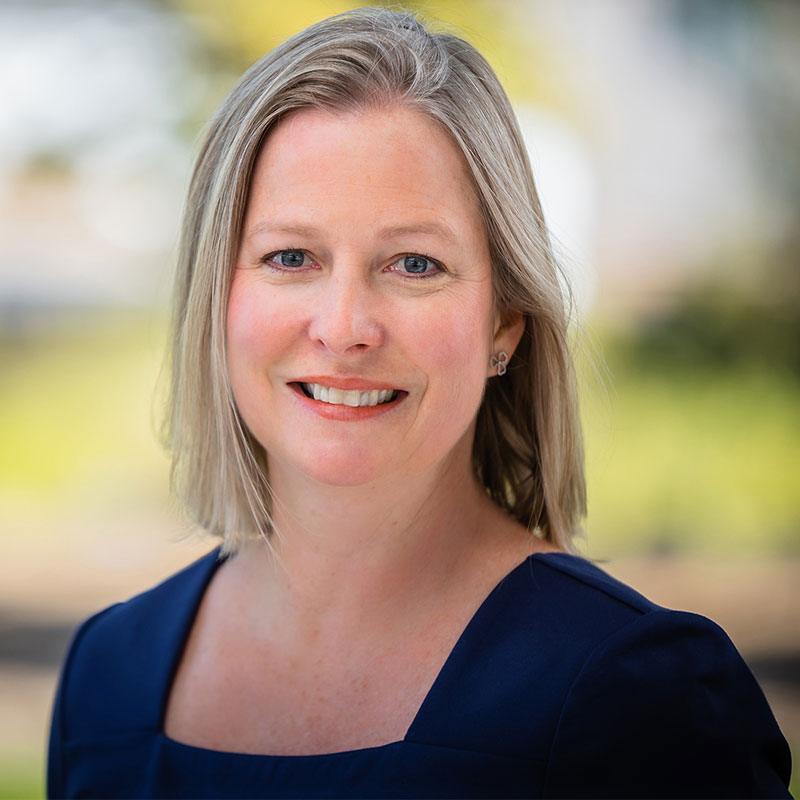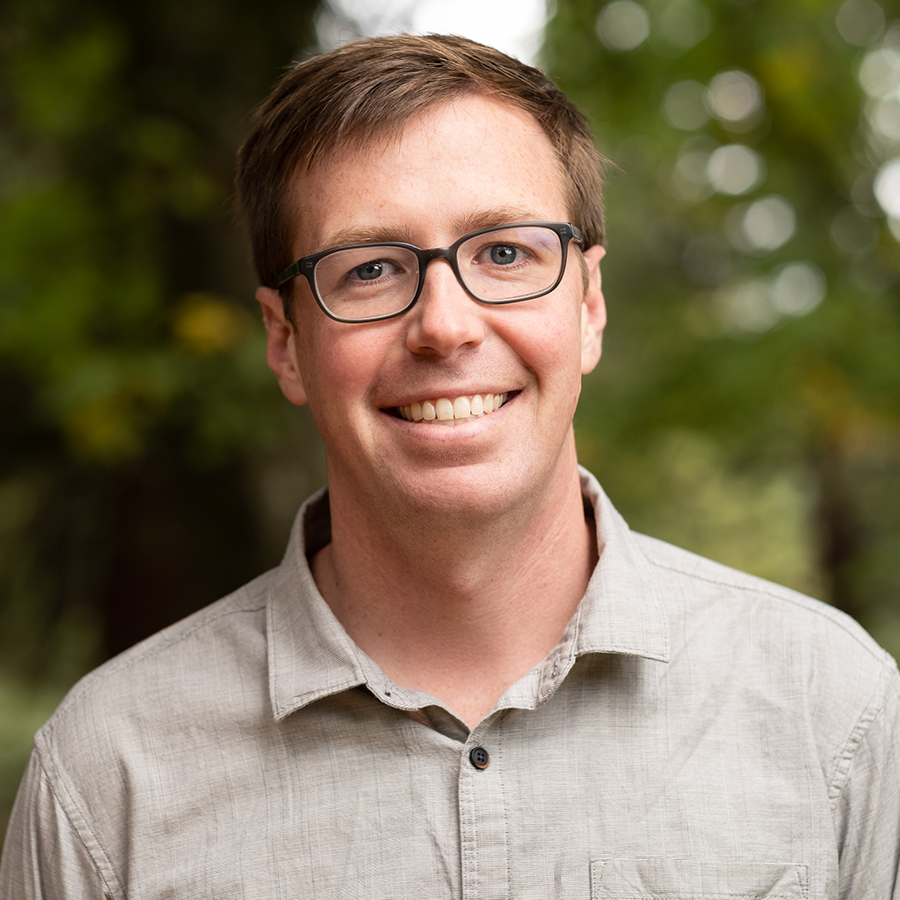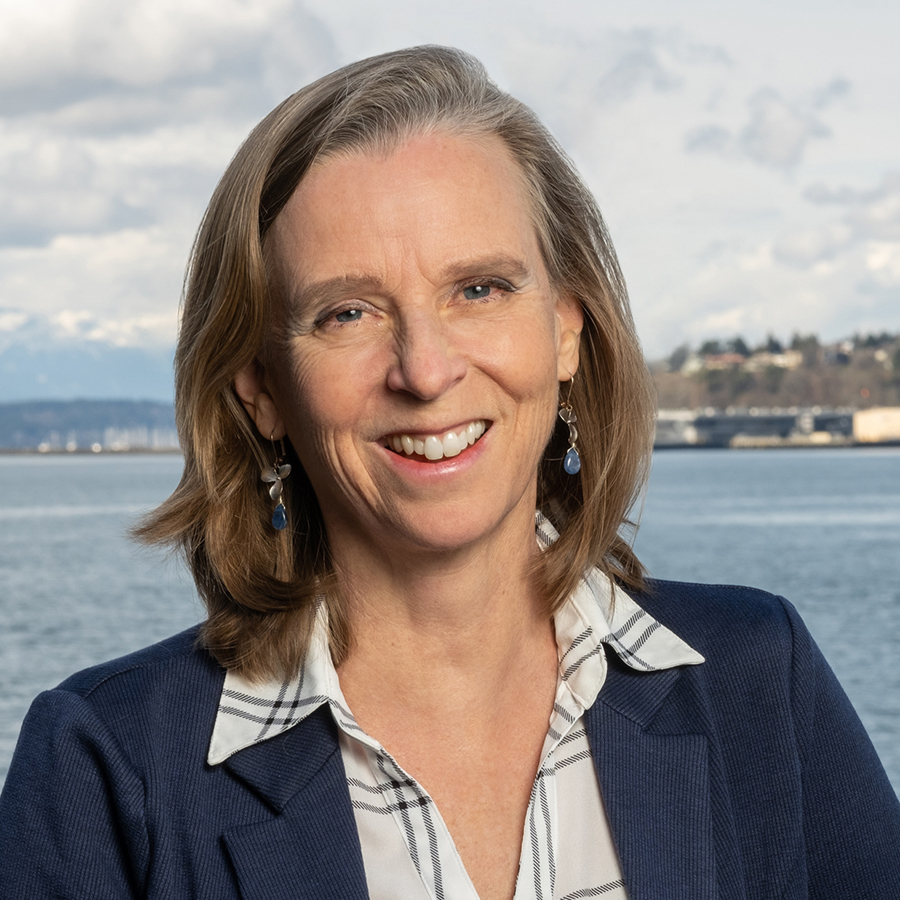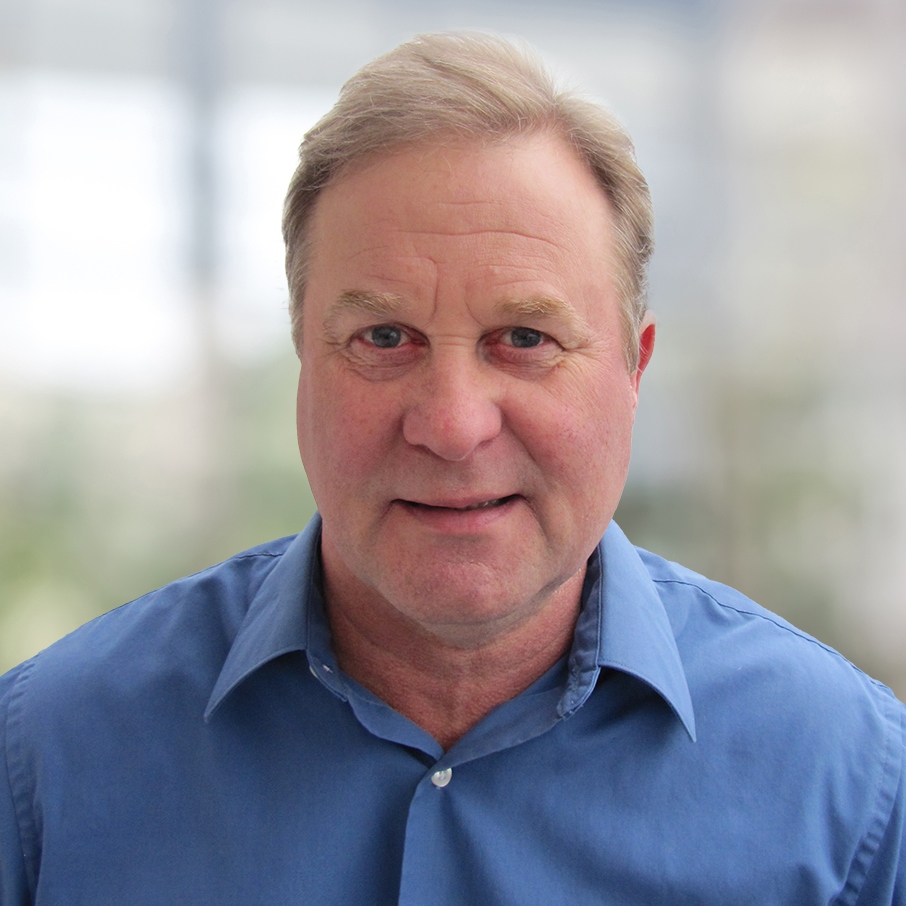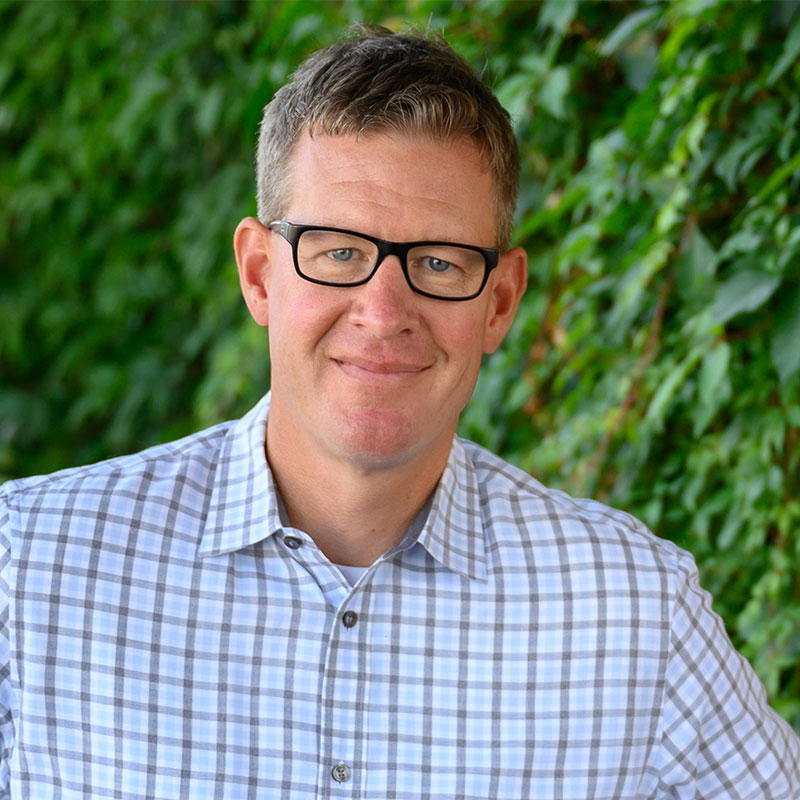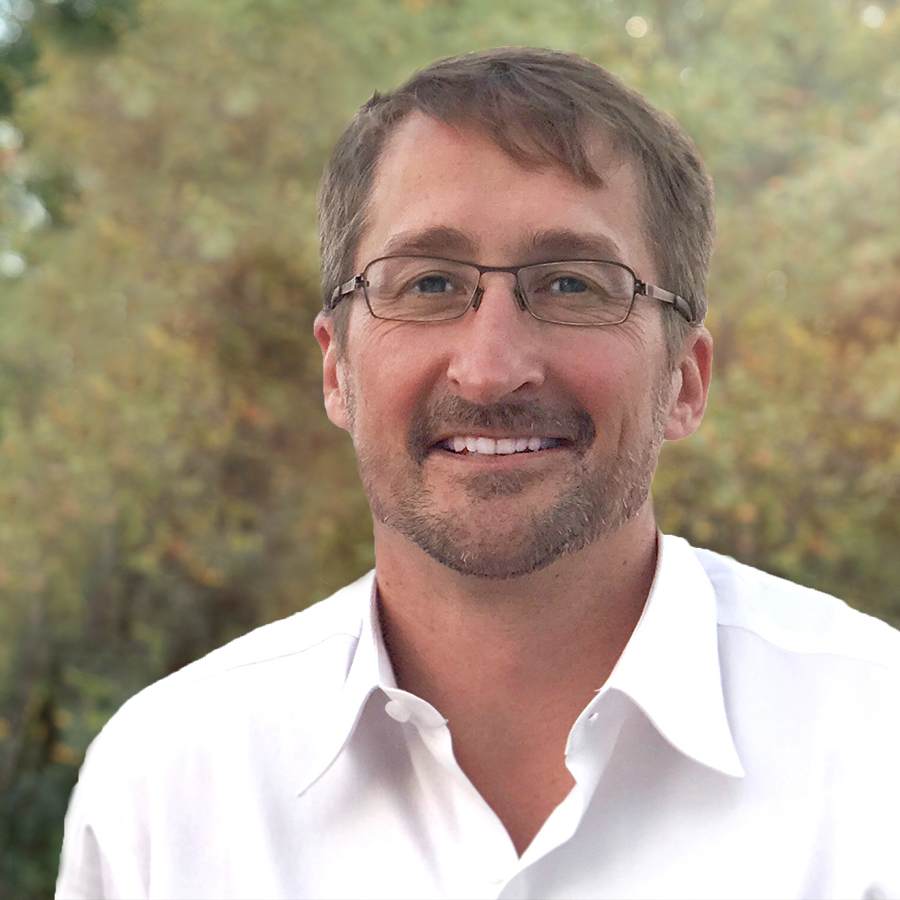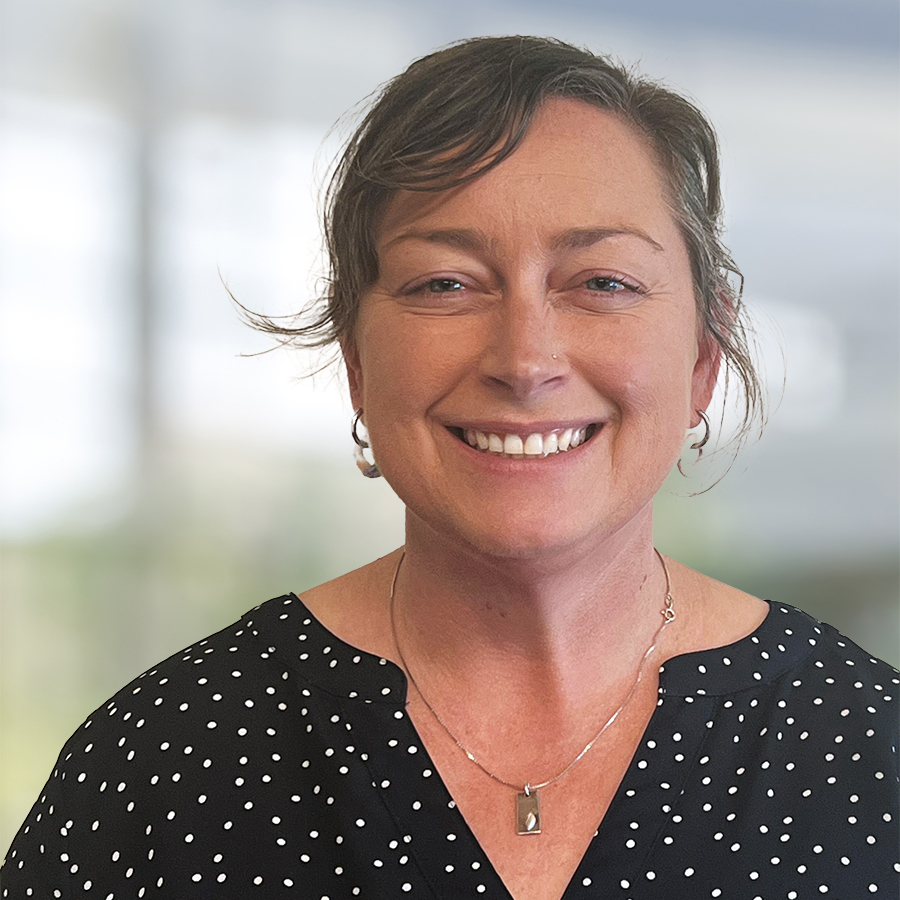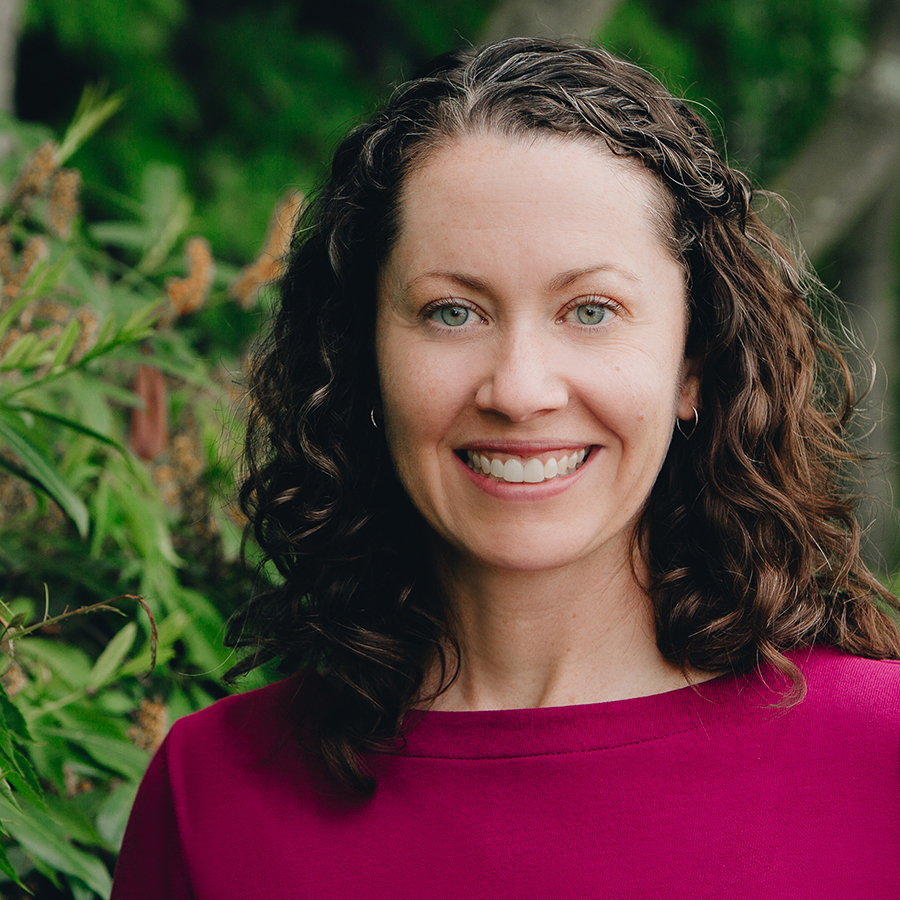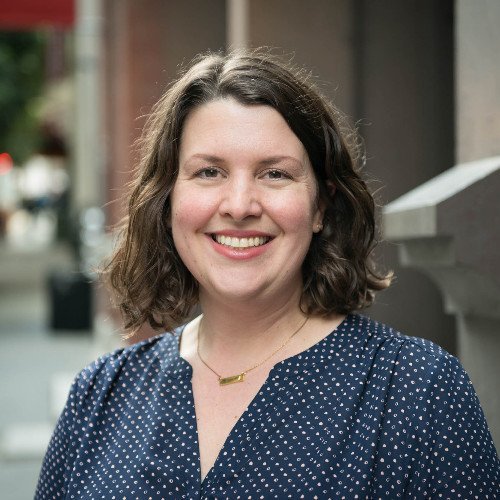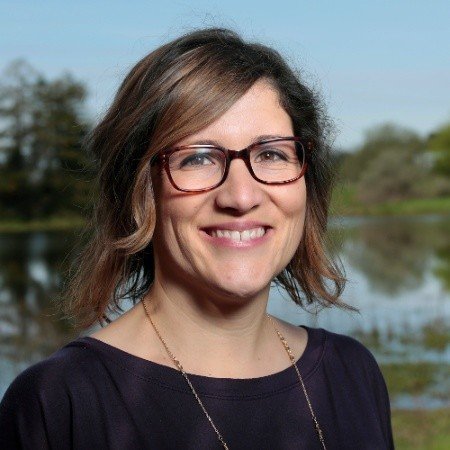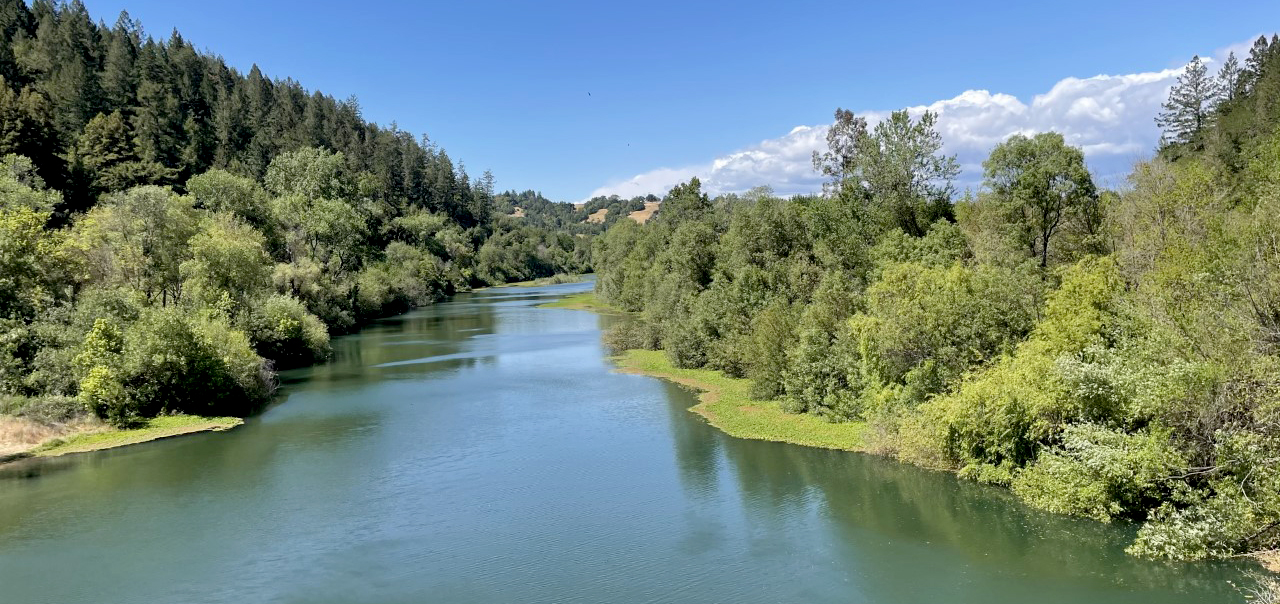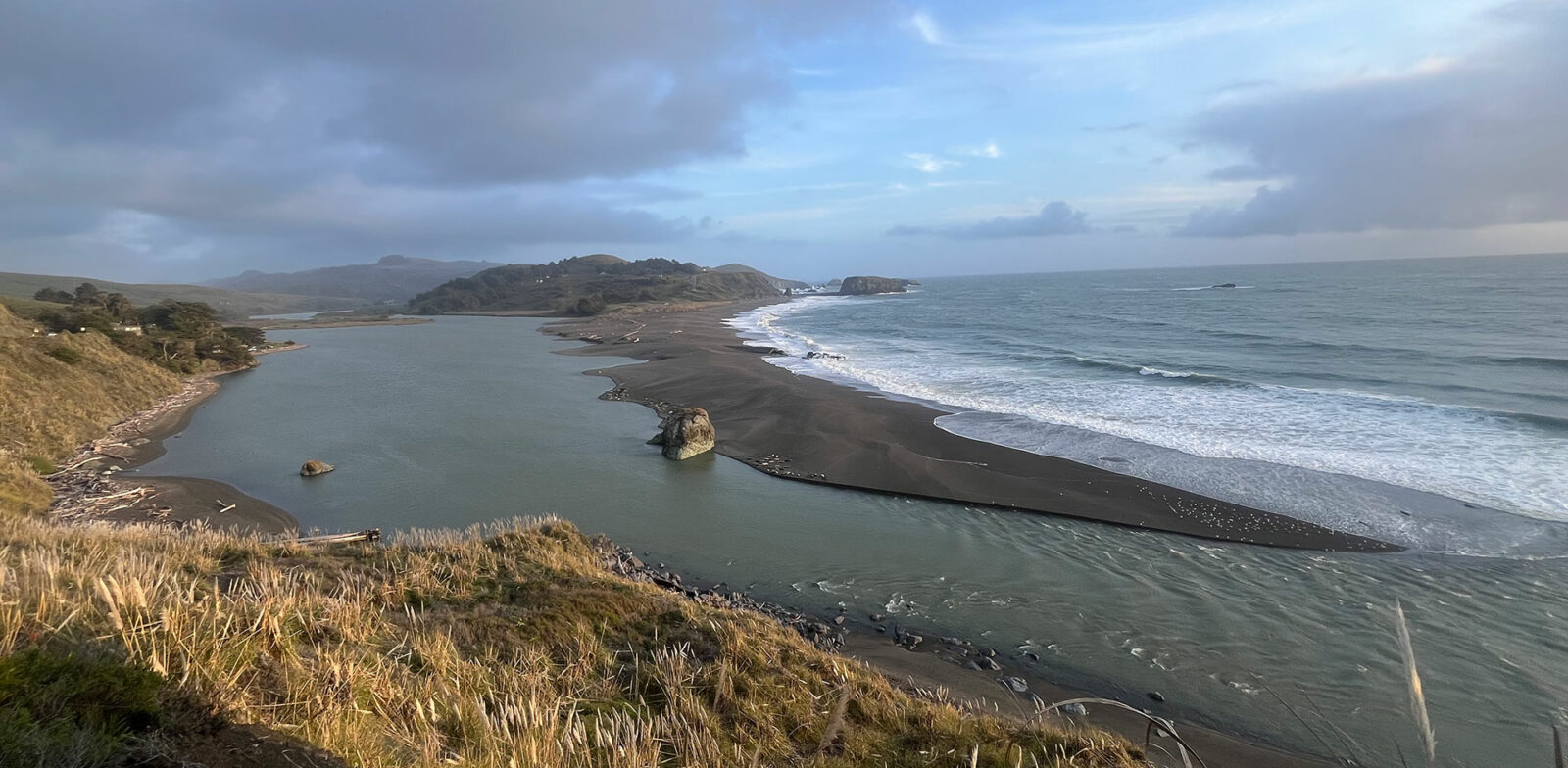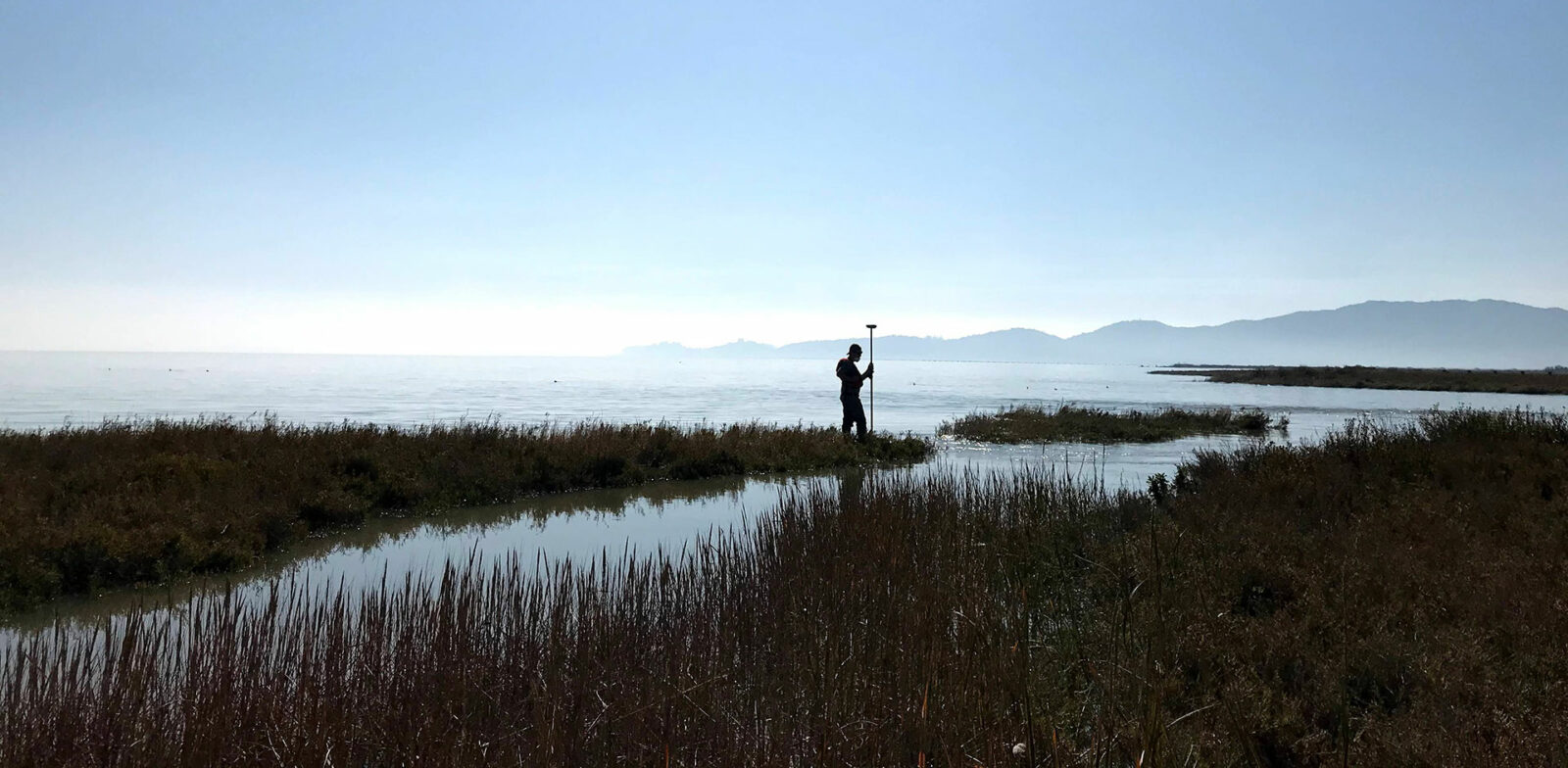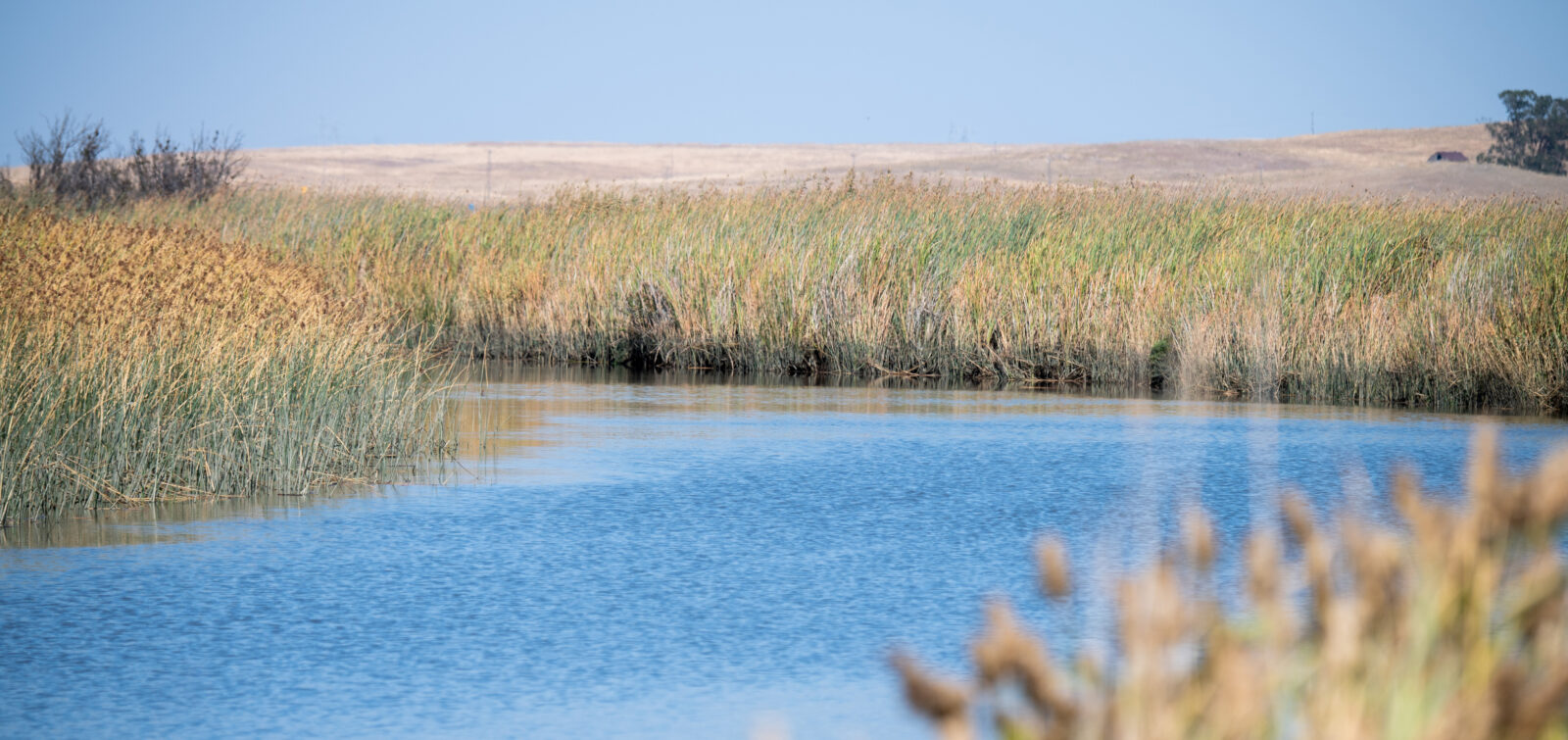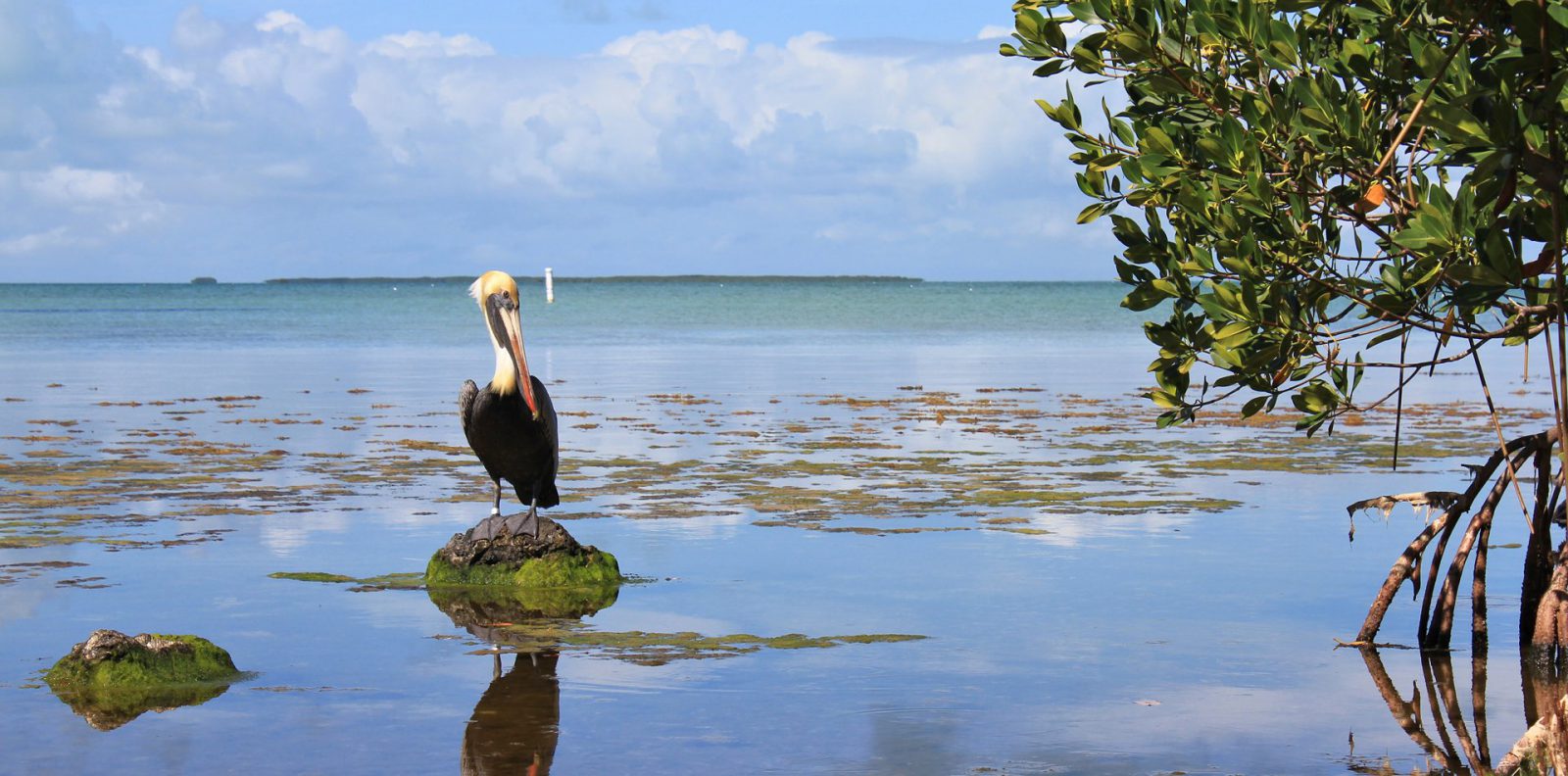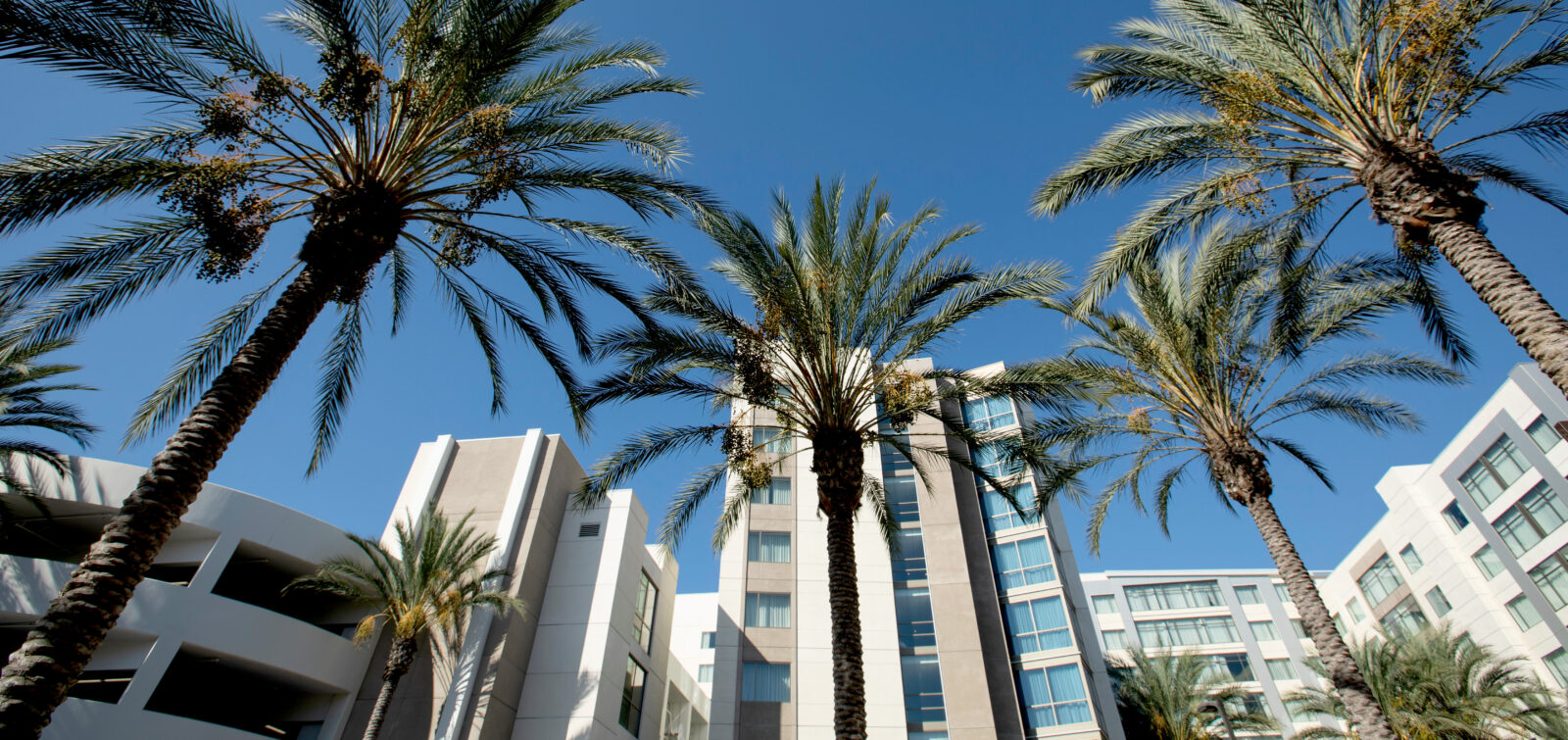ESA is once again a proud sponsor for this year’s Environmental Markets Conference in Seattle, Washington, from May 12-15. We have a number of presenters at the event and our team of habitat restoration and compensatory mitigation experts are looking forward to seeing you there!

ESA’s team of restoration engineers, ecologists, and biologists will be attending the conference this year and we look forward to connecting with you.

See our team speak at the following sessions.
(Session 6) Assessing Riparian Conditions in Washington: A Spatially-based, Analytical Framework & Decision Support Tool
Monday, May 12 | 2:45pm – 3:45pm
Presenter: Mike Leech
The Washington Department of Fish and Wildlife (WDFW), in collaboration with ESA, is leading a project to map riparian conditions in Washington State and develop the Riparian Data Engine, a decision-support tool integrating land cover and natural resource data. This tool will help planners and managers assess riparian ecosystems, identify restoration priorities, and address challenges like water temperature impairments and fish passage barriers. The project emphasizes collaboration with Tribal and state agencies and is expected to launch in early 2025, offering valuable insights and applications for habitat restoration efforts.
Trends in Pacific Northwest Mitigation
Day, May 14 | 3:30 pm – 4:30 pm Room 612
Presenter/Panelist: Sky Miller, PE
Sky will describe new engineering design criteria and construction methods; innovative models for Advance Mitigation and NRDA banks and Pay for Success financial models.
Blue Heron Slough Field Trip
Tuesday, May 13 | 8:30 am – 12:00pm
Attendee/Engineer of Record: Sky Miller, PE
Field trip to the Blue Heron Slough Conservation Bank for Chinook salmon, a 364-acre dike breaching estuary restoration project completed in 2022.
(Session 21) Perspectives on Environmental Markets in Washington State
Day, May 14 | 9:45am – 10:45am
Panel Moderator: Susan O’Neil
In conversation with a panel of local experts, this session will explore the evolution and intersection of environmental markets in Washington State from the perspective of different sectors. Leaders from the WA Department of Ecology, King County, Bonneville Environmental Foundation, and Anchor QEA will provide an overview of their role and insights into how voluntary and regulated markets are shaping their work. Topics will range from state-wide emissions offsets to regional carbon and nearshore credit programs. Panelists will offer brief comments followed by a discussion and Q&A with the audience.
Panelists include Michael Murphy (King County), Michelle Havey (Achor QEA), Allan Warren (Bonneville Environmental Foundation), and Jordan Wildish (Washington State Department of Ecology).

We are currently seeking candidates for the following positions:
- Senior Fisheries Biologist | Pacific Northwest
- Senior Wildlife Biologist and Project Manager | Pacific Northwest
- Technology Solutions Manager | Pacific Northwest
- Wetland Biologist | Pacific Northwest
- California Tiger Salamander Biological Monitor | California
- California Tiger Salamander Designated biologist | California
- Biological Monitor, On-Call | San Francisco Bay Area
More opportunities on our Job Openings page
